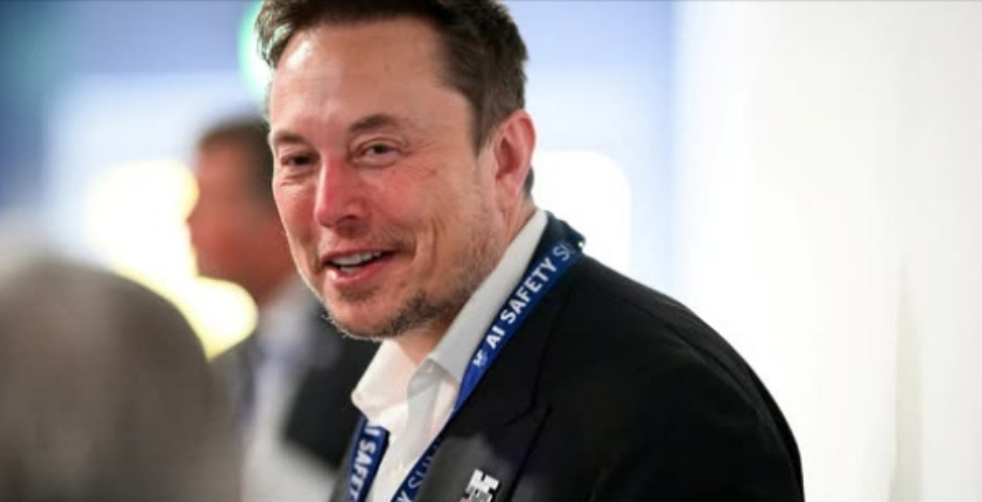It was a sentence as if from another world: “A bill can be big or it can be beautiful - but both at once?” Elon Musk looked into the CBS studio camera, his gaze tired yet unwavering. The full interview will air on June 1 - but even the preview clip posted Tuesday on X (formerly Twitter) was enough to send political shockwaves. Musk, both a tech visionary and political austerity commissioner, openly opposed what President Trump proudly calls his “big beautiful bill” - a massive spending package that not only distributes billions but also creates trillions in new debt - and, in Musk’s eyes, undermines an entire project.
DOGE - the Department of Government Efficiency - had been Trump’s surprise move in November. Musk and right-wing entrepreneur candidate Vivek Ramaswamy were tasked with draining the very “swamp” Trump had spoken of since 2016. It was meant to be the grand rationalization - the renewal of the American bureaucracy through Silicon Valley methods: less red tape, less spending, more efficiency. In October 2024, Musk promised DOGE could save the government up to $2 trillion by 2026. By January, he was more modest - one trillion seemed more realistic. And finally in April, he announced that DOGE had already saved $160 billion in federal spending and cut 20,000 civil service jobs.
But now, in May 2025, much of that feels like a distant dream. Trump’s new law, which passed the House last week, makes some of his 2017 tax cuts permanent - and swallows amounts that even DOGE can no longer recover. “I was disappointed,” Musk said on CBS. “This bill increases the deficit - it doesn’t reduce it. And it undermines the work the DOGE team has done.”
This means more than just a budgetary disagreement. Musk, who had already announced plans to scale back, is now also under pressure from investors. His role at DOGE, which many saw as a symbol of the tech billionaire’s new political ambition, has harmed Tesla - including boycotts and protests. As early as May, Musk told Bloomberg and CNBC he would drastically cut back on his political spending. “I think I’ve done enough,” he said.
DOGE, it seems, was never an end in itself for Musk, but a mission with an expiration date. And that expiration date is approaching: by July 4, 2026 - just in time for the 250th anniversary of the United States - the commission is set to conclude its work. Ramaswamy is long gone. And Musk, who once envisioned reforming Washington with the same principles he used to send rockets into orbit and cars into autopilot, now plans to spend only “a couple days every few weeks” in the capital.
The white villa in the heart of Washington may have changed him less than some feared - but it certainly didn’t leave him untouched. Politics has borrowed Musk’s language, absorbed his efficiency promises - and then evaporated them in exchange for partisan gain.
DOGE still exists. But these days, it sounds more like an echo than a mandate.
